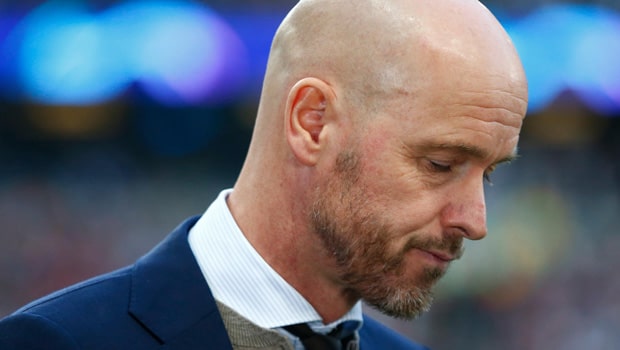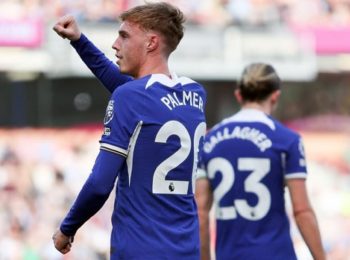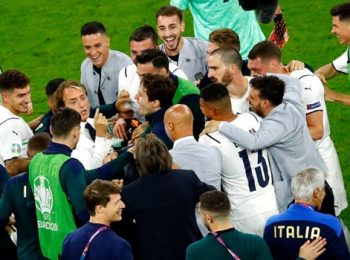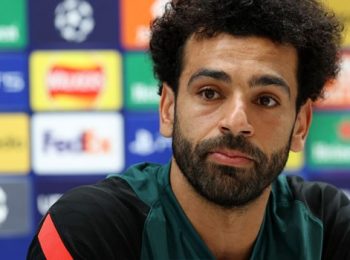Rumors are swirling around Old Trafford as speculation about Erik ten Hag’s future at Manchester United gains momentum. The Dutch coach, under constant scrutiny since his arrival, has faced both praise and criticism for his efforts to reshape the club’s performance. However, the recent Champions League exit has added fuel to the speculations of his potential departure.
A name that has emerged in the swirling rumor mill is that of Graham Potter, the former Brighton and Chelsea manager. Potter, currently without a managerial role since parting ways with Chelsea in April, is reportedly waiting for the right opportunity to reenter the managerial arena. Manchester United, facing a critical juncture, could be that opportunity, should they decide to part ways with Ten Hag.
The Champions League elimination has undoubtedly intensified the pressure on Ten Hag. While he has shown signs of improvement, particularly in domestic competitions, the expectations at a club like Manchester United are relentless. The scrutiny from fans and the board has now reached a point where potential replacements are being discussed.
Graham Potter, known for his managerial stints with Brighton and a brief tenure at Chelsea, has become a prominent name in the conversation. The 48-year-old tactician, despite turning down previous managerial offers, is reportedly keen on the prospect of leading a club of United’s stature.
Sir Jim Ratcliffe’s imminent minority stake purchase in Manchester United adds an interesting dimension to the situation. It’s reported that Potter’s managerial style is admired by Ratcliffe, and this admiration could play a role in shaping the club’s future leadership.
However, the prospect of Potter taking the reins at Old Trafford raises questions. His managerial record, particularly at Chelsea, was marred by challenges, leading to his departure from Stamford Bridge. The step up from Brighton to Chelsea proved to be a daunting task, and the expectations at Manchester United are arguably even more demanding.
talkSPORT pundit, Simon Jordan, voiced skepticism about Potter’s suitability for the United job. Cundy stated, “It’s still a beast of a football club, and the step up from Brighton to Chelsea was too much for him. It was the wrong decision, and you can point towards the ownership model being all new and all the problems that Boehly brings, but you still should have been able to cut through and build a side of some significance.”
Managing a club of Manchester United’s stature requires more than potential. The intricacies of the club, its history, and the immense expectations from both fans and the board make it a uniquely challenging role.
While Potter’s approach to football is appreciated, the cultural shift, the pressure, and the relentless scrutiny could pose challenges that even a seasoned manager might find daunting.
























